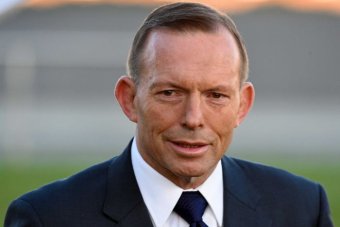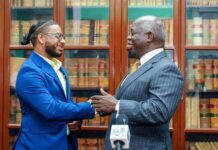Prime Minister are being sent home all around the Commonwealth! Turnbull elected to carry on the Party today…PM ABBOTT WAS TOLD HE HAD LOST THE CONFIDENCE OF HIS CABINET!

The Liberal party whip Scott Buchholz announced the results to waiting journalists about 30 minutes after the meeting of parliamentarians began. There was one informal vote.
Julie Bishop remains deputy Liberal leader and a ministerial shakeup looms after the leadership upheaval.
Long-simmering leadership tensions exploded on Monday when Turnbull declared a challenge, arguing Abbott had shown himself unable to make the case for policy change or turn around the Coalition’s political fortunes.
Abbott pleaded with his party not to repeat the Labor party’s mistakes, and his backers immediately mobilised a counteroffensive, seeking to build momentum during the five hours between Turnbull’s declaration and the ballot.
They insisted electorate offices were being “swamped” with calls from Liberal party members aghast that the party would consider removing a sitting prime minister and providing a parade of ministers to urge the party to stick with the current prime minister.
Cabinet ministers who publicly declared their support for Abbott before the party room meeting included Eric Abetz, Kevin Andrews, Joe Hockey, Mathias Cormann and Peter Dutton.
The social services minister, Scott Morrison, who had been regarded as a potential treasurer in a Turnbull government, said in a statement that he was “voting for the prime minister and not standing in any ballots”, scotching earlier claims that he could be a contender for deputy. But he did not appear in public to argue against a change.
The decision comes two years after Abbott led the Coalition to an election victory and seven months after Abbott’s “near death experience” in the last attempted leadership spill. The Coalition has been lagging behind Labor in major published opinion polls since last year, when the government’s first budget carried unpopular measures to cut health and education spending, deregulate university fees and introduce a Medicare co-payment.
In February, Abbott pleaded with his colleagues for more time to turn around the government’s fortunes when he faced a leadership spill motion initiated by backbench MPs. On that occasion, there was no declared challenger, but 39 Liberals still voted to declare the leadership positions vacant, while 61 backed Abbott.
Turnbull visited the prime minister shortly after question time on Monday and asked him to call a Liberal party room meeting for a leadership ballot to be held.
The deputy Liberal leader Julie Bishop had already told Abbott – in a pre-question time meeting – that he should stand aside. At that point Abbott is understood to have been strongly resisting the idea of a challenge.
Turnbull resigned from cabinet and sought support from colleagues by pitching himself as the right person to lead Australia at a time of major economic challenges. He accused the prime minister of being unable to provide the necessary economic leadership, urged colleagues to support a new “style of leadership that respects the people’s intelligence” instead of sloganeering, and promised to restore traditional cabinet government.
Abbott had declared that he would fight the leadership challenge because Australia needed “strong and stable government” and the prime ministership was “not a prize or a plaything to be demanded”.
“I will be a candidate and I expect to win,” Abbott said before the meeting.
Turnbull is a former leader of the Liberal party who was ousted by Abbott in 2009 following a damaging split within the Coalition over climate change policy.







